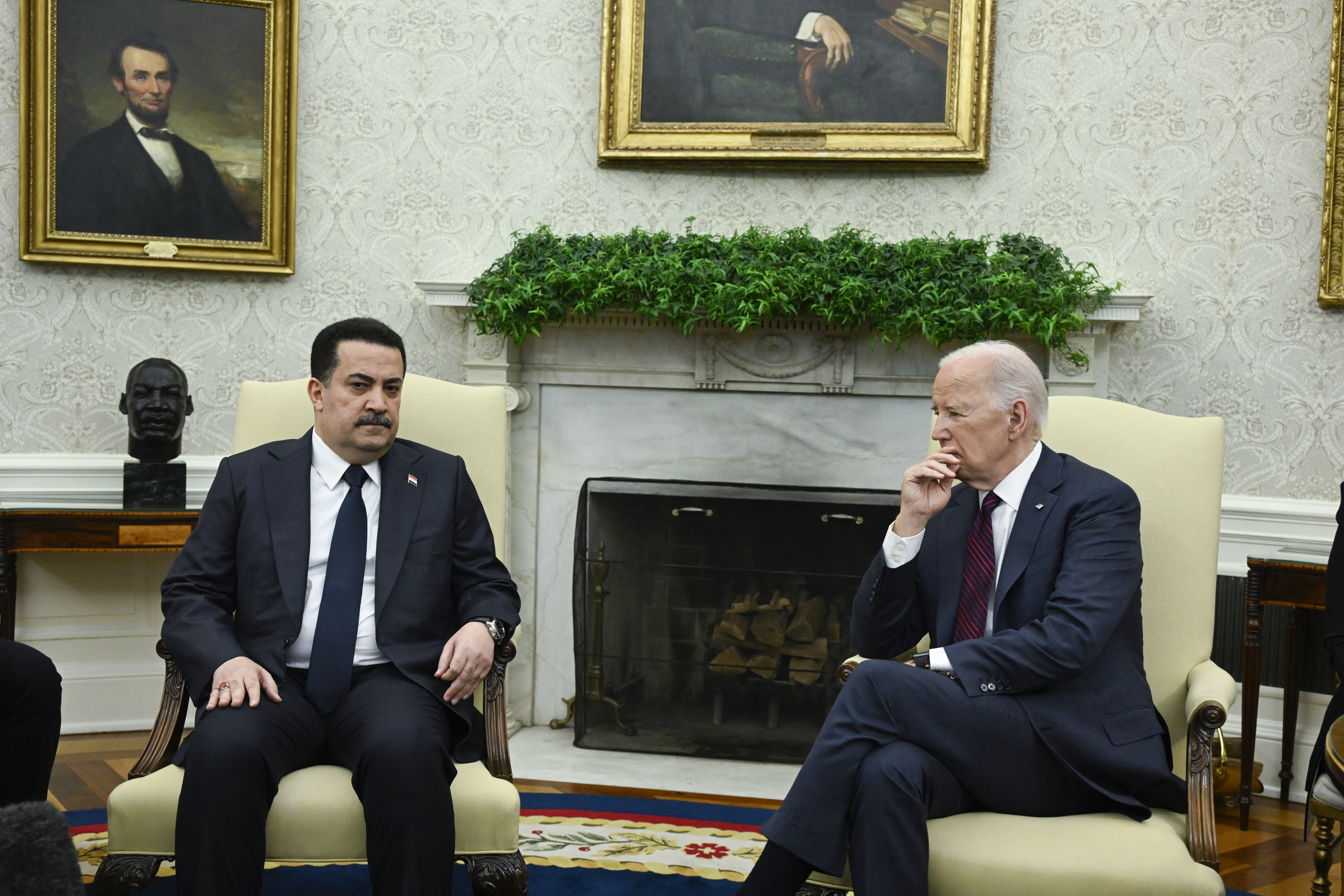Iraq: Iraq Annual Country Report 2018: Country Strategic Plan 2018 - 2019
Summary
WFP launched its Emergency Operation in Iraq in 2014. In January 2018, WFP moved to a Transitional Interim Country Strategic Plan (TICSP). As the situation and needs of internally displaced persons (IDPs) and refugees remained precarious following the return process that began in early 2018, WFP worked to provide monthly food assistance to over 596,000 IDPs and about 59,000 Syrian refugees in camps, as well as Immediate Response Rations to newly or secondary displaced families. WFP also introduced an Emergency School Feeding programme in West Mosul - reaching around 89,000 children - and a resilience programme to support Syrian refugees, Iraqi returnees and host communities. In 2018, WFP Iraq assisted approximately 780,000 people.
As people affected by conflict began rebuilding their livelihoods, WFP scaled up its Food Assistance for Assets (FFA) programme to facilitate vulnerable households’ access to food through restoring agricultural sources of income, protecting productive assets and increasing domestic production. The FFA programme reached more than 33,000 people and enabled households to earn an income while promoting the recovery of affected communities. By the end of 2018, WFP rehabilitated 629 km of irrigation canals, enabling water access for farming and livestock for 11,000 households and 20,000 hectares of land.
Digital innovation played a part in WFP’s pioneering Tech for Food project, developed with the WFP Innovation Accelerator and first piloted in 2017. In 2018, WFP Iraq succeeded in expanding the project to 4 governorates, reaching 8,370 people [1]. Through training in IT, digital skill-sets and coaching, vulnerable youths from Syrian refugee camps, Iraqi IDPs and affected communities were able to acquire agile skills for access to the digital marketplace, promoting their chances of employment. In January 2018, the project won the 2017 MIT Enterprise Forum Pan Arab “Innovative for Refugees” award.
WFP continued working with the Government of Iraq to strengthen social-safety nets and, together with the International Center for Agricultural Research in the Dry Areas (ICARDA), supported the government in compiling a "National Strategic Review of Food Security and Nutrition in Iraq - Towards Zero Hunger", conducted under the leadership of the Secretary General of the Iraq Council of Ministers. The review formulated a set of policies, institutional changes and investments to achieve Sustainable Development Goal 2 "Zero Hunger". Additional WFP-led analysis including the "Socio-Economic Atlas" and the "Food Security Zones of Iraq" further supported and informed decision-making towards sustainable policies and programmes, guiding the WFP Country Strategic Plan (CSP) 2020-2024 for Iraq.
Another WFP-commissioned internal study focused on the link between humanitarian assistance and the government’s social protection system, highlighting that increased stability in Iraq should result in a transition from aid-delivery by international humanitarian actors to government-led social protection programmes, and developed a vision for a shock-responsive, flexible safety-net programme [3].
WFP also developed its partnership with the Ministry of Trade, providing technical expertise and support to test digital solutions to modernise the Public Distribution System (PDS), with the goal of improving the management and transparency of PDS operations, and efficient, prioritised services for citizens.


